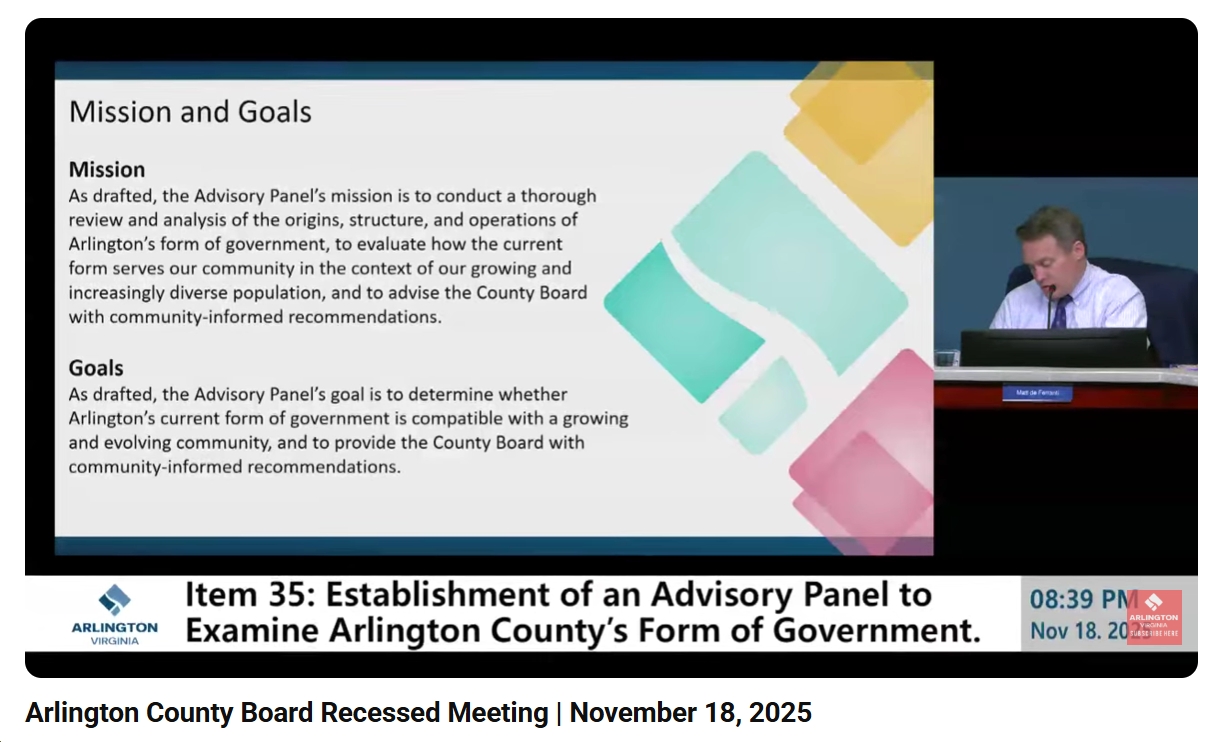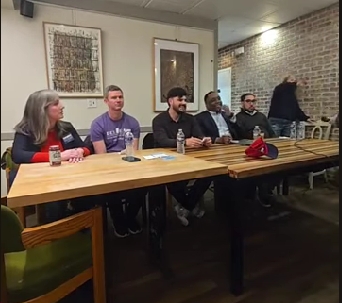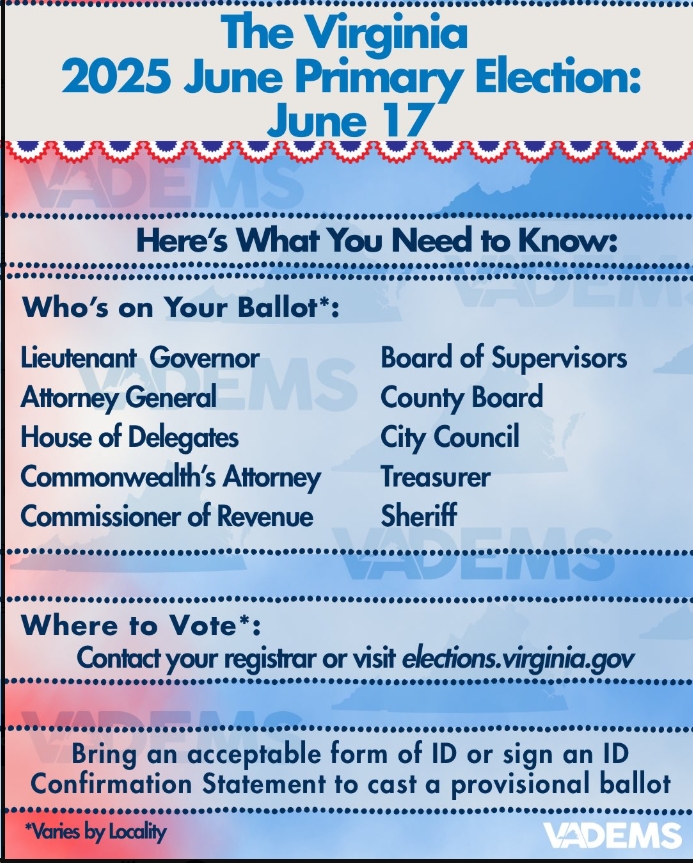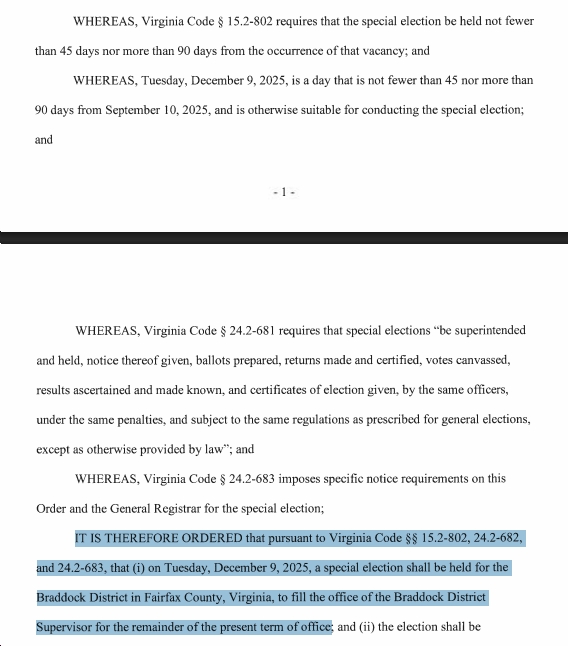by Paul Goldman
Like actor Kevin Costner in the movie “Field of Dreams”, Richmond Mayor Dwight Jones let leak the other day that he is at least considering his own version of a “Field of Dreams”, a privately built and run Baseball Stadium in Shockoe Bottom. “Build it and they will come” suggests the Mayor: and he may be right. True, this is warmed over stuff, rejected correctly time and time again. It doesn’t add up.
Moreover, like the movie, these fields of dreams are in “Dillon Rule” states, the doctrine developed by Iowa Judge John Dillon in the 1800’s.
But that’s where the analogy stops: right at the feet of Judge Dillon and his rule, which says localities like Richmond only have the powers granted them by state government.
The “Dillon Rule” didn’t matter in the movie because the “Field of Dreams” was on private farm land in Iowa, not subject to the Judge’s legal opinions. But it matters here in the City of Richmond. Why?
The basic boundaries of what we call the City of Richmond are a creation of the General Assembly of Virginia, to be found in the Acts of Assembly for 1926 amended between then and 1969. According to Mr. Dillon, the General Assembly gave the Mayor and City Council only such powers as are specifically granted. Mitt Romney says corporations like the city of Richmond are “people too.” But that’s wrong in terms of their rights; unlike people, city governments don’t have any “inalienable rights” as defined by Mr. Jefferson.
Richmond’s Mayor and City Council have only the rights given to them by the General Assembly. Or put another way: unless the General Assembly gave the Mayor/City Council the right to authorize a private baseball stadium in Shockoe Bottom, they can’t do it, at least not legally.
“The law is an ass” declared Shaky the Bard, and Shakespeare had a point, although “kill the lawyers” seems a little extreme. Still, whether a ass or an ace, the law has to be obeyed.
There is no such right to authorize such a private stadium specifically given to localities in state law. A private group can get a contract to manage such a facility, perhaps even build it. But not own it, certainly not get huge amounts of public money directly or indirectly.
Important to remember here: The right of the RMA to build, own and operate The Diamond is granted by a specific state statute. The same for the rights in that regard for VCU University in terms of the Siegel Center and Sports Backer’s Stadium. Those entities are likewise created by the General Assembly.
But there is no such specific state law as regards the right of Richmond to do the same. Thus, if such power does exist, it has to be found in the City Charter, rewritten in 1948 and amended in 2004 to provide for an Elected Mayor, along with recent amendments redefining certain rights and responsibilities of the Mayor and City Council.
The Charter has two basically pertinent parts as pertains to a baseball stadium.
The first part gives the city all the powers granted by the General Assembly: like duh!!! This part also gives city government the power to provide for the general welfare, public health and safety and the like. But it is not nearly so broad as it seems, or otherwise, what would be the point of the Dillon Rule which is the law in Virginia?
When looking to define the parameters of this general grant of power, it is common to look to any specific description which might apply in the City Charter (which is an act of the General Assembly).
In this second pertinent part, the language addressing the baseball stadium issue essentially tracks the state law discussed above. It lists things the locality can do but it pointedly does not mention allowing a privately funded group to build, own and operate their stadium within the city limits.
Thus, the question must be asked again: In a Dillon Rule state like Virginia, what does all this legal mumbo jumbo mean?
I presume the tens of millions of dollars to build the stadium and provide all the road/utility/land/government benefits required will come mostly from the proceeds of bond sales one way or another. These means these IOU’s will be bought by private investors, who will want a legal opinion to settle their unease at such legal loopholes.
Moreover, with the city claiming it lacks the funds to properly modernize school facilities, it seems likely that our elected officials will want to make sure they aren’t making a big blunder either.
A new law passed by the General Assembly could of course resolve all such issues. But for the city to back such legislation, it would admit lacking the power. And what happens if the General Assembly rejects the new law?
The Virginia Supreme Court has often been a stickler on Dillon Rule cases. Should city leaders have the authority to authorize such a stadium?
No, we don’t need to be babysat by the General Assembly. But the law is what it is. And in that regard, it might – not necessarily for the right reason admittedly – protect citizens from having tens of millions of dollars wasted on a project that short changes Richmond’s future.






![Monday News: “Tillis Savages ‘Misinformed’ Trump for ‘Betraying’ Voters”; “Trump’s [Budget] Bill Will Destroy America’s Climate Progress” – and MUCH More!; “What the University of Virginia Should Have Done”; Map of Walkinshaw’s Dominant Victory in VA11](https://bluevirginia.us/wp-content/uploads/2025/06/montage0630.jpg)











